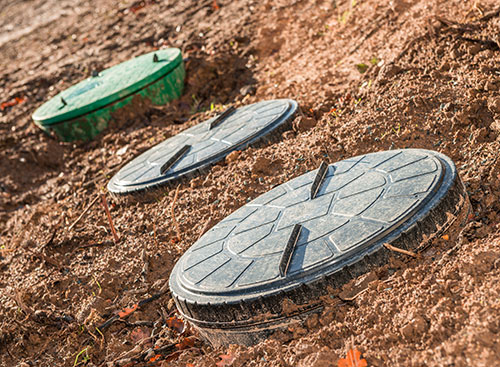
Septic systems are underground wastewater treatment structures for areas without centralized sewers. These structures allow safe wastewater treatment to prevent contamination of drinking water and crops. Although it has the same purpose, knowing the types of septic systems and how they work helps determine which suits your household. Here are a few to consider.
What Are Different Septic Systems
1. Septic Tank
A septic tank is a buried, water-tight container commonly made of concrete, fiberglass, or polyethylene. Its design keeps water inside the tank for a day to filter out the solids by allowing it to settle down. Then, partially treats sanitary wastewater and discharges it into the soil for complete treatment. It relies on the soil’s natural filter capabilities to remove the remaining bacteria. This mechanism replenishes the water table for the healthy growth of vegetation. Consider installing septic tanks if you have a property larger than an acre to avoid additional costs of new pipes for the public sewage system.
2. Conventional System
Unlike septic tanks that rely on soil, conventional decentralized systems consist of a tank and a drainfield to treat wastewater. The drainfield uses gravel or stone to filter effluent. Additionally, it has a fabric on top of the stones to prevent contaminants from entering the clean gravel. Then, the wastewater flows out to the soil for further treatment. This system can be suitable for single-family homes or small businesses.
3. Aerobic Treatment Unit
ATUs (Aerobic treatment units) have an air pump that injects oxygen into the treatment tank to break down organic matter. This is an alternative system for unsuitable locations for conventional systems. For example, homes with smaller lots, inadequate soil conditions, and areas with high water tables. Additionally, it offers a higher level of treatment due to the natural bacterial activity of the injected oxygen. However, this system requires electricity and more maintenance to keep it operational.
If you’re in need of septic installation, contact Morse Engineering and Construction.
Source: connect2local.com
